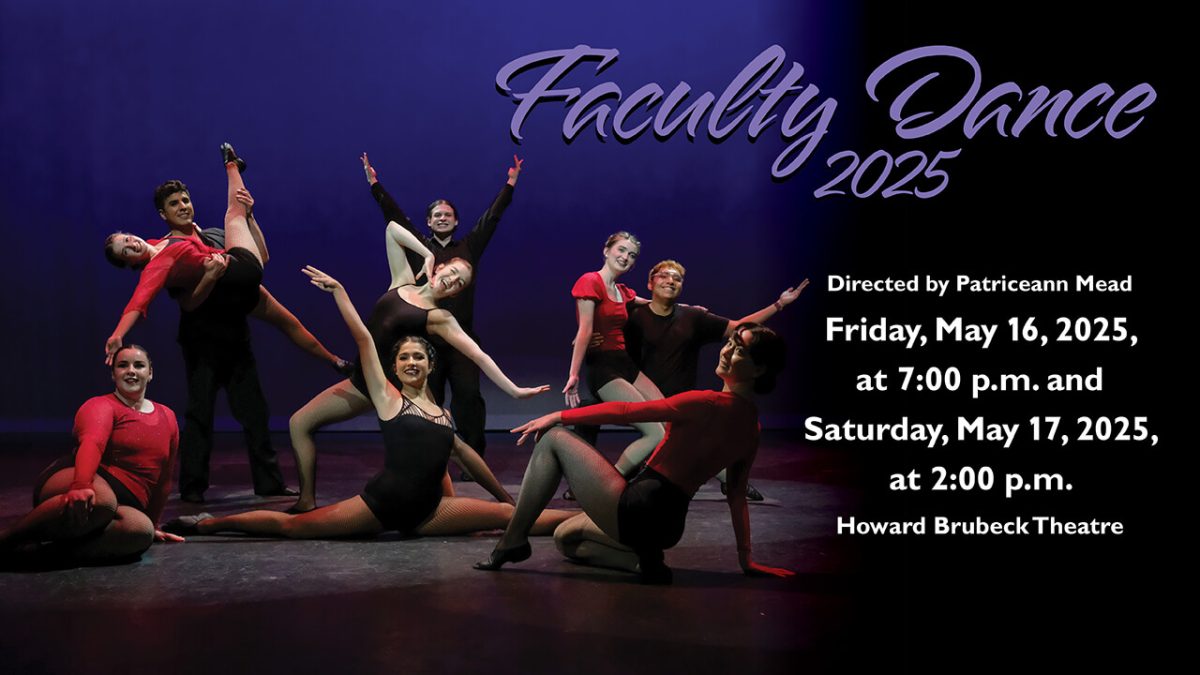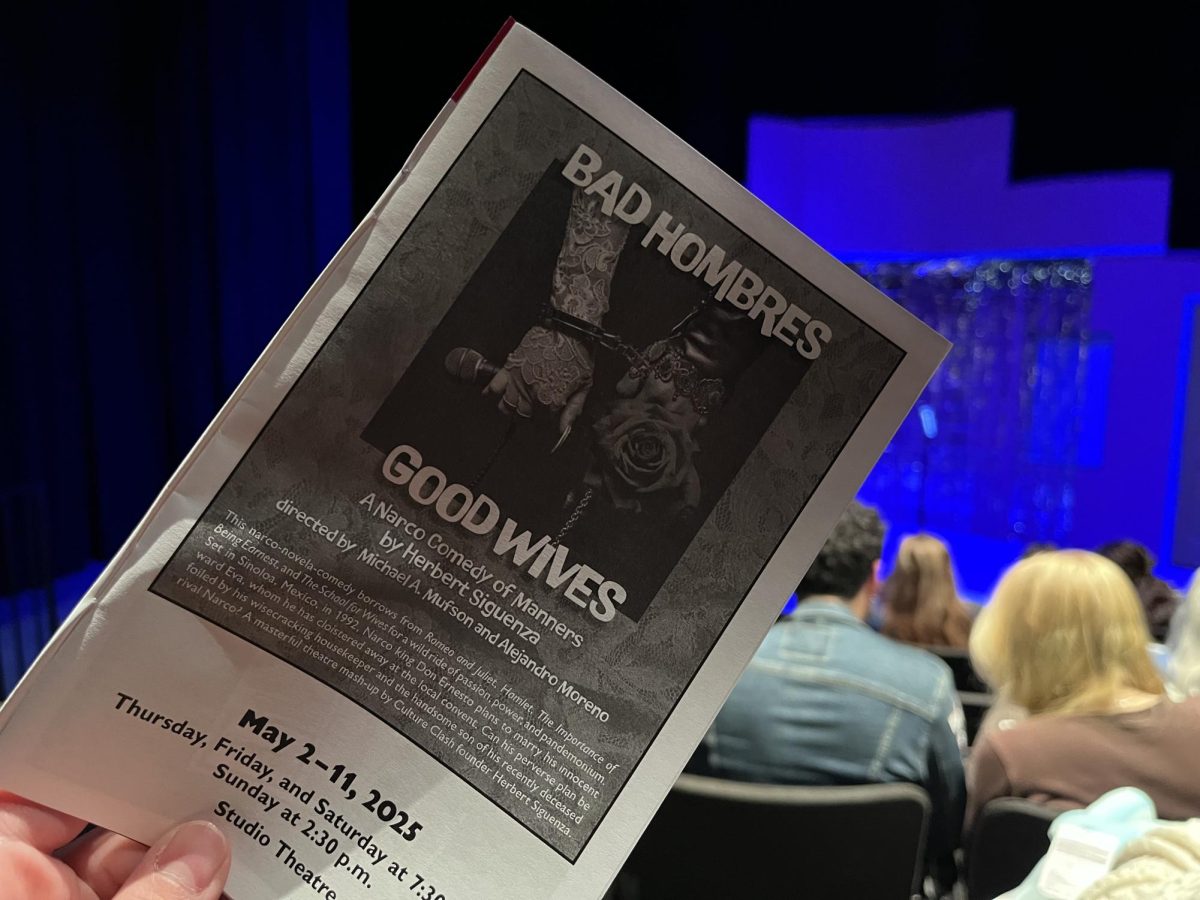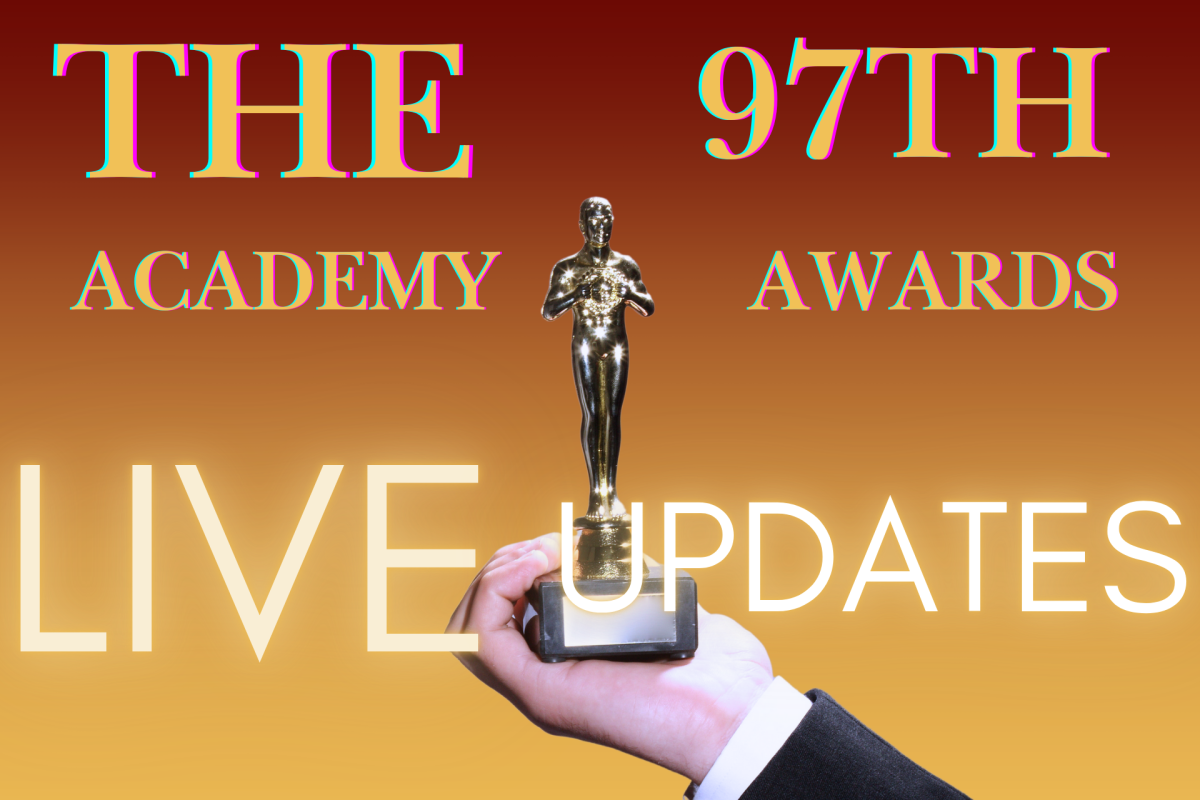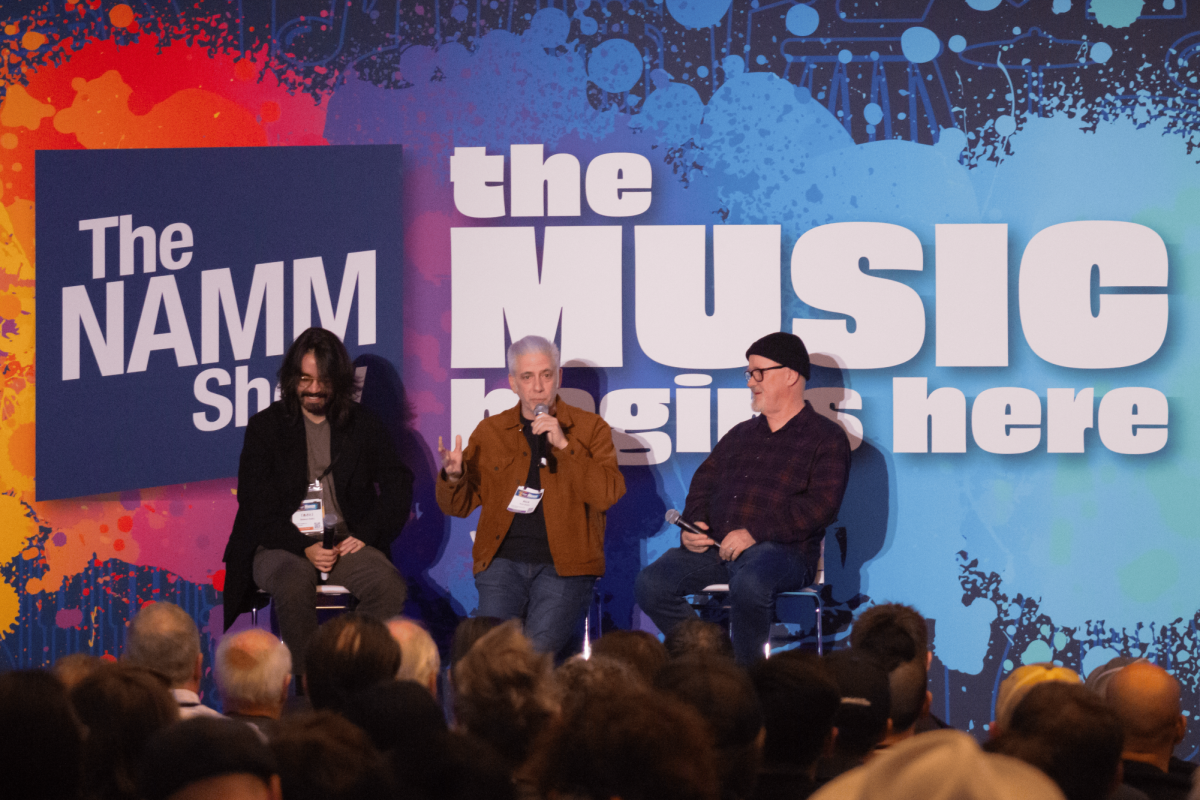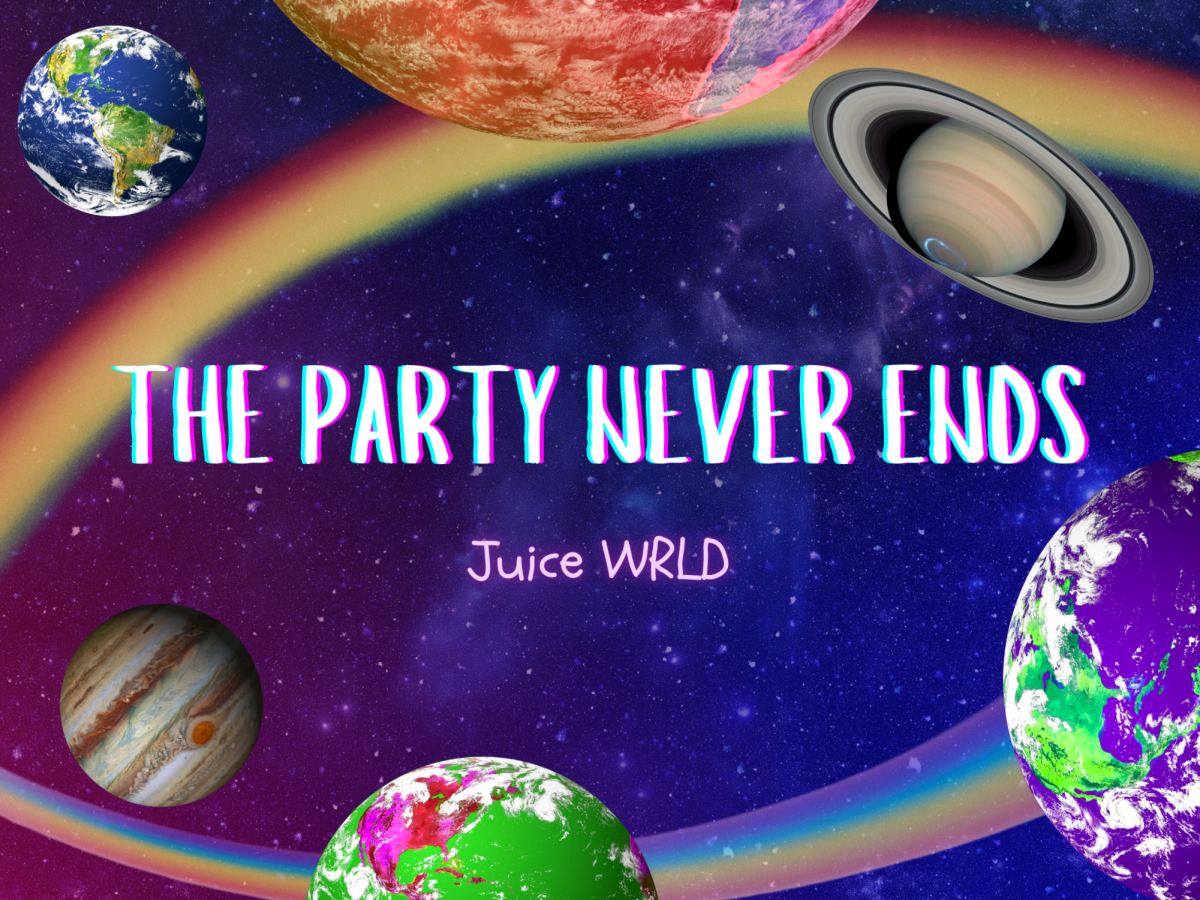With nearly 15 years under his belt as a senior writer for Rolling Stone, Brian Hiatt has been a crucial part of the magazine’s ongoing success. He has produced over 70 cover stories and is host for the “Music Now” podcast.
Hiatt’s rise to fame in his field included several “job jumps,” and was by no means a straightforward process. To get a head start, he emphasized the importance of young writers building their experience early on.
“I do think that getting involved with student publications is still a really great thing to do,” he said.
According to Hiatt, when it comes to covering topics or musicians you aren’t as familiar with, research is key.
He also cited Clive Davis’s concept of developing a “second ear” as being an integral part of being able to write a wide variety of stories.
“You have to find a way to evolve past your personal tastes and find a way to relate to and enjoy things that might be totally alien from where you’re coming from personally,” Hiatt said.

When it came to his interviewing process, Hiatt highlighted research and preparation as the two most critical components of conducting a successful interview. However, he also emphasized the importance of not letting this planning limit you.
“You prepare, but you don’t give yourself a strict script; you use your preparation to allow yourself to be in the moment,” he said.
In addition, he pointed out that you should be “aware of their reactions and of how far you can push things, and when to pull back.” This way, you get the most out of every interview you conduct, but in a respectful manner.
While focusing on the societal effects of media bias, Hiatt explained his view on utilizing opinion in news publications.
According to Hiatt, bias is not the enemy.
“You can be factual and accurate while still having a point of view,” he said.
Hiatt shared that as long as you are transparent about where your bias stands, citing examples such as Rolling Stone and Fox News, you can still produce a valuable story.
Despite this, he held to his belief that you cannot allow your opinion to impact the way you present information.
“Just because something doesn’t support your prior beliefs doesn’t mean you don’t report that,” he said.
In the interview, Hiatt also reflected on the ways in which his job has evolved over time. He explained how working as a writer today may include other additional responsibilities such as videographing and podcasting, which were not included in the job description when he began his work with Rolling Stone in 2010.
He touched on what he believed to be more negative changes in the field as well, stating that “there’s a lot fewer people getting to write those long stories than there used to be.”
He also commented on how “things are changing so fast” in terms of technological developments, citing artificial intelligence as another key influence on his growing uncertainty of the field’s stability.
The advice Hiatt leaves to incoming music journalists is this: “It’s hard enough to just be a journalist, let alone a music journalist, so if it’s something you’re interested in, I would say try to get the skills of being a journalist, and then apply them to music journalism.”
If you are interested in learning more about Hiatt and his writing, read his book “Bruce Springsteen: The Stories Behind the Songs” here.





